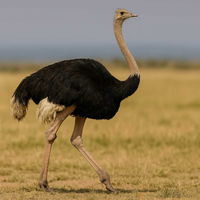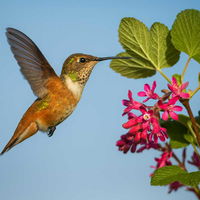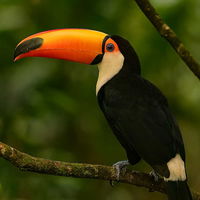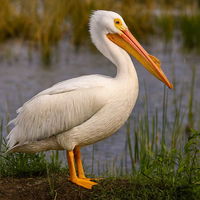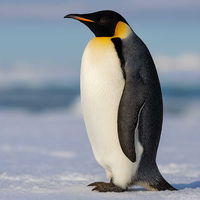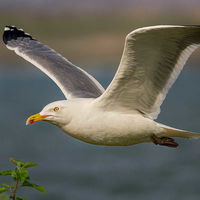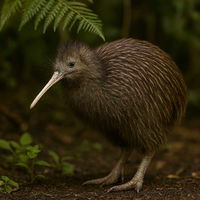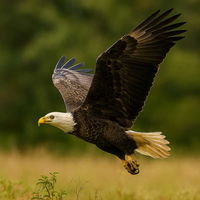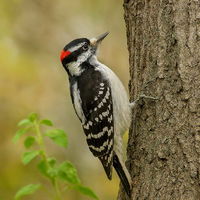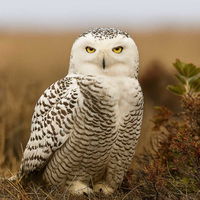
Dek Birdoj en Esperanto Trivia Quiz
Ten Birds in Esperanto
Here are ten pictures of easily recognized birds. Just choose the Esperanto word that matches the name of the bird displayed. Our cast of birds is the ostrich, hummingbird, toucan, pelican, penguin, gull, kiwi, eagle, woodpecker, and owl. Enjoy!
by JJHorner.
Estimated time: 3 mins.
- Home
- »
- Quizzes
- »
- World Trivia
- »
- Languages
- »
- Esperanto
